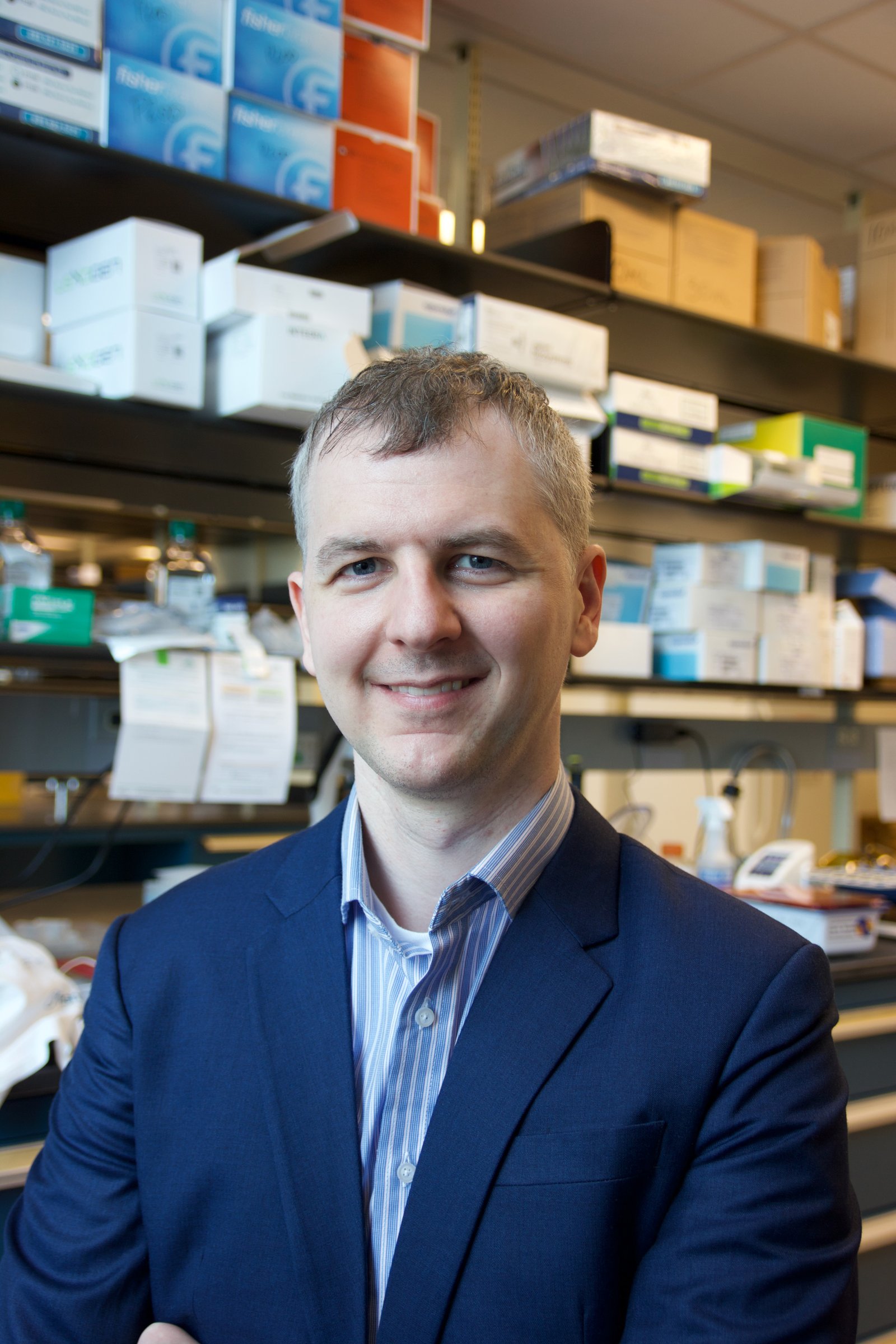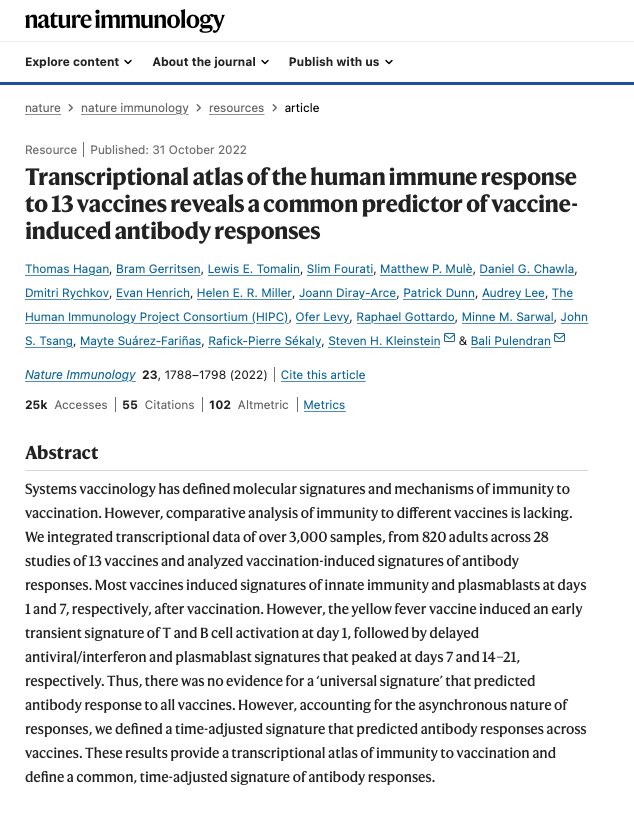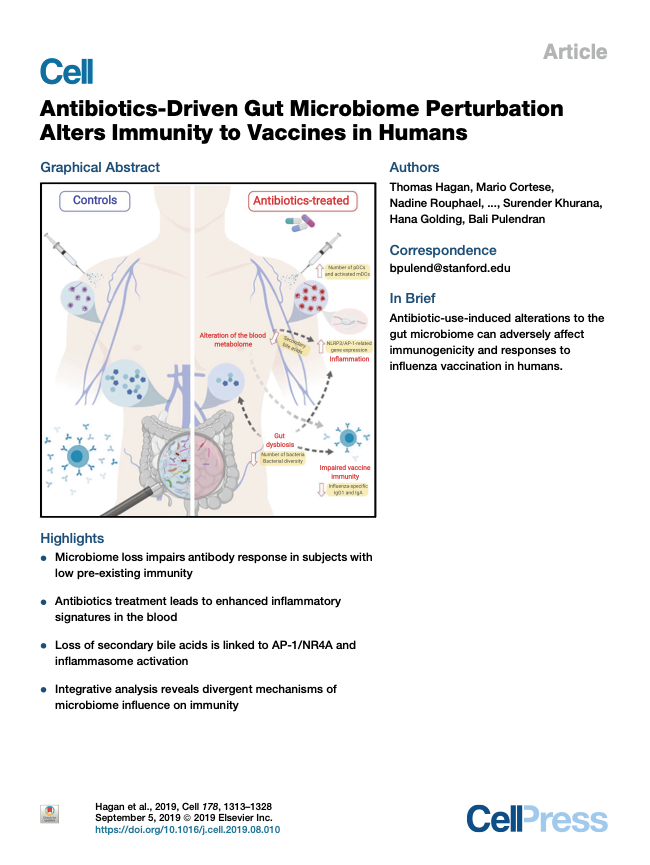
Biography
Vaccines are incredibly effective tools for improving public health, as demonstrated by the recent COVID-19 pandemic. However, there is significant variability across vaccines in their capability to induce broad, potent, and long-lasting immune responses. The mechanisms by which some vaccines promote more potent or durable responses than others are not well understood. Gaining insight into these mechanisms will improve future vaccine development.
My research aims to harness computational approaches for integrating diverse high-throughput datasets to understand how the immune system's various components coordinate during response to infection or stimulation. I am particularly interested in using these approaches to understand how novel adjuvants or vaccine formulations can improve the magnitude, breadth, and durability of immune responses to vaccination.
Another area of interest in my lab is examining how changes in the gut microbiome shape immune homeostasis and responsiveness. During my postdoctoral training, I demonstrated that antibiotics-induced gut microbiome perturbation could impair antibody responses to influenza vaccination in humans (Hagan et al., Cell 2019). Furthermore, multi-omic data integration in this study identified strong associations between perturbations in bile acid metabolism due to loss of key bacterial species in the gut and systemic inflammatory responses detected in blood following antibiotics treatment, demonstrating the potential for the gut microbiome to regulate immunity through its impact on host metabolism. These findings have prompted further work in my lab to understand microbiome-immune system interactions and the relationship between the microbiome and chronic inflammation during aging, which is a central component of the pathogenesis of many age-related diseases. I began my work at Cincinnati Children's in 2021.


